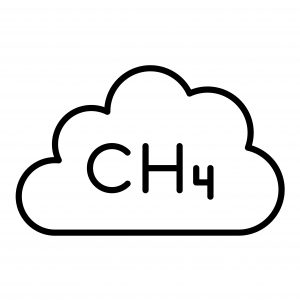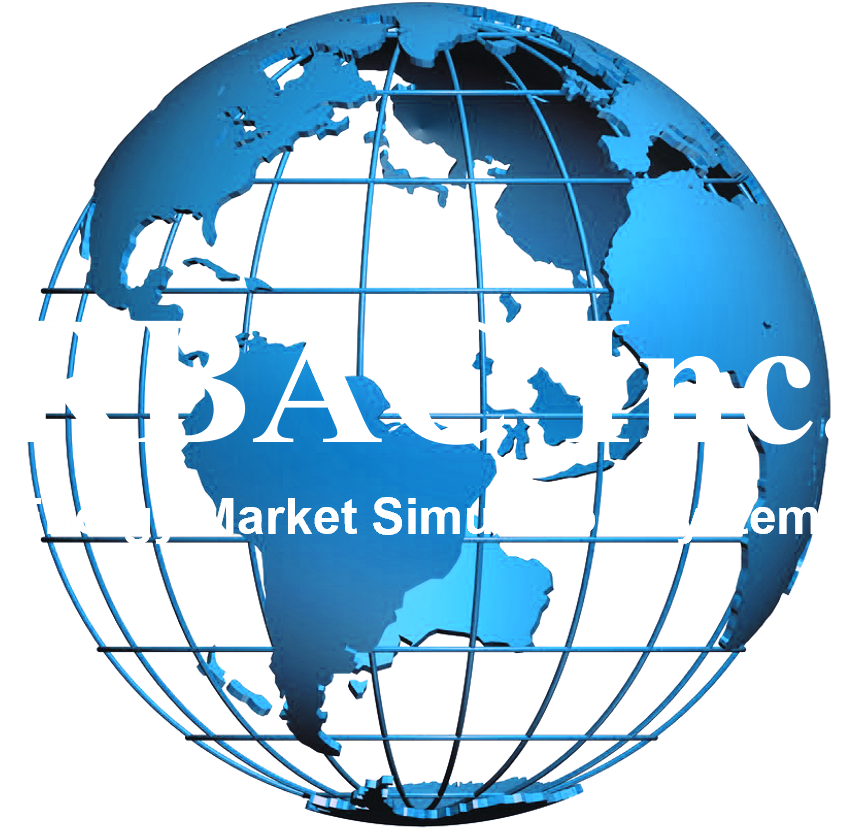
METHANE EMISSIONS TRACKING:
As most of the methane emission impact occurs upstream to the liquefaction part of the value chain, which emphasize that the source of the LNG cargo matters as far as the methane emission is considered. As countries and industries focus more on mitigating climate change, reducing greenhouse gas emissions, including methane, has become a priority. The role of methane emissions in the LNG trade will influence market dynamics, regulations, and stakeholder preferences.
The key ways in which methane emissions could influence the future of LNG trade include:
1. Shift in demand for cleaner energy sources:
As countries strive to meet their climate goals under the Paris Agreement and other international climate initiatives, there will be an increased demand for cleaner energy sources. Natural gas, including LNG, is considered a cleaner alternative to coal and oil, as it produces less CO2 when burned. However, methane emissions along the LNG value chain may offset some of the climate benefits. This could lead to a shift in demand towards even cleaner energy sources like renewables or low-carbon fuels, potentially affecting the LNG trade.
2. Regulatory pressure:
Governments worldwide are likely to implement stricter regulations on methane emissions in the coming years to meet their climate commitments. These regulations could include mandatory emissions reporting, limits on methane emissions, and financial penalties for non-compliance. This may drive the LNG industry to adopt better methane emission management practices and more stringent monitoring requirements, impacting the cost structure and trade dynamics.
3. Carbon pricing and market mechanisms:
Introducing carbon pricing and market mechanisms, such as emissions trading systems, may influence the future of LNG trade by increasing the cost of emissions-intensive energy sources. This would incentivize LNG producers and traders to reduce their methane emissions and invest in cleaner technologies.
4. Reputational and financial risks:
Companies that fail to address methane emissions may face reputational risks, leading to difficulties in securing financing, attracting investors, or finding customers. As a result, companies in the LNG trade will need to prioritize emissions reduction and transparent reporting to maintain their market position.
5. Technological advancements:
Innovations in methane detection, quantification, and mitigation technologies will play a crucial role in the future of the LNG trade. By adopting advanced technologies, the LNG industry can better manage its methane emissions, improve efficiency, and maintain competitiveness in a carbon-constrained world.
6. Market differentiation and premiums:
As awareness of methane emissions grows, there may be an opportunity for LNG producers and traders to differentiate their products based on their environmental performance. This could lead to the emergence of “green” or “carbon-neutral” LNG products that command a premium in the market.
G2M2 Market Simulator for Global Gas and LNG provides detailed gas flow and distribution throughout the value chain. The feature also enables the capability for tracing methane emissions, with additional assumptions on emission factors. New research is underway on leveraging the network model of natural gas by G2M2 and machine learning techniques on emission data to provide more robust and traceable emission estimates and future forecasts.


